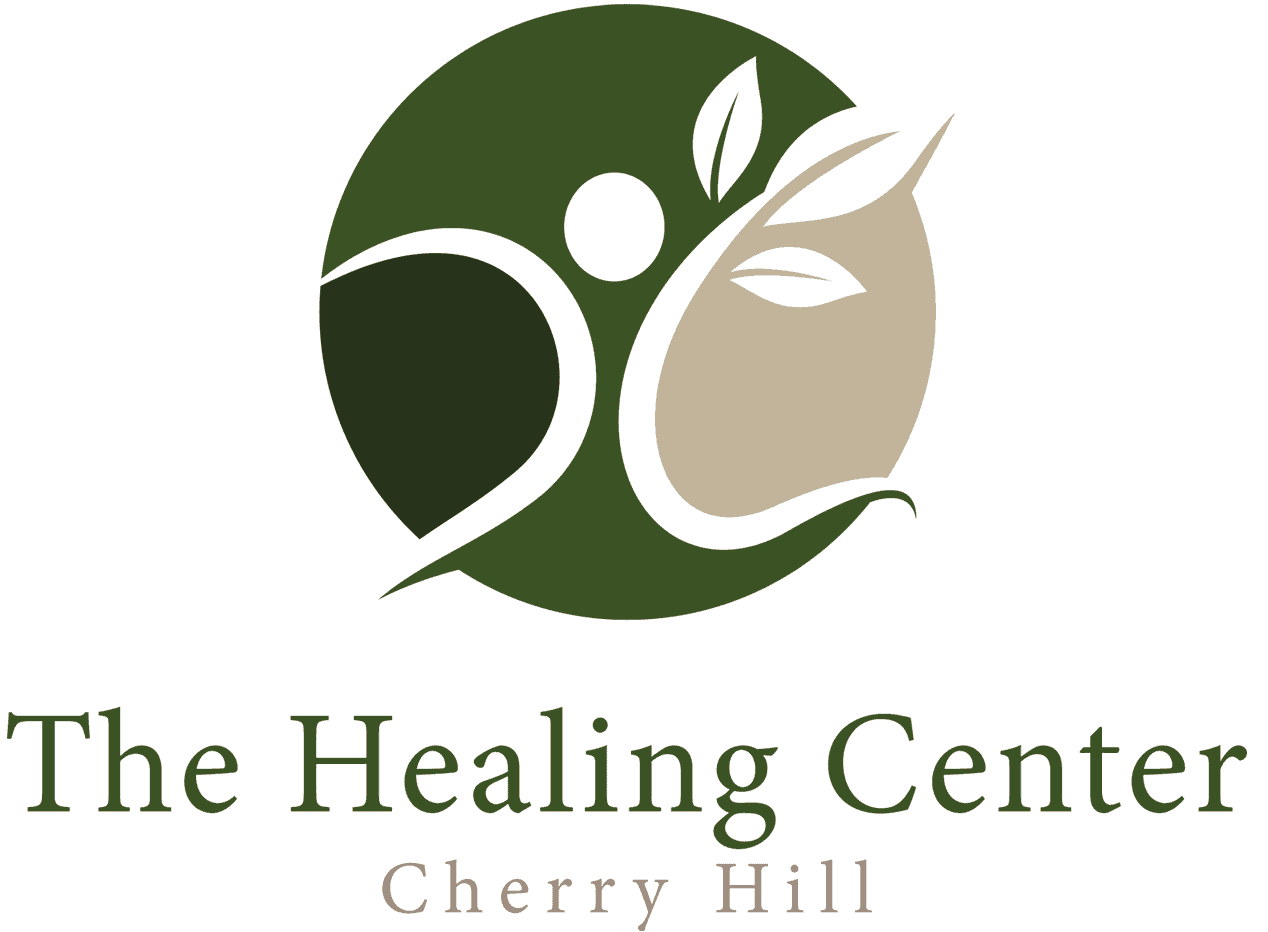The reality is that most individuals who struggle with substance abuse disorders, also deal with co-occurring mental health disorders. It has been proven through years of research that many mental health disorders are associated with impulsive behaviors including substance abuse, alcoholism, gambling, and more. Thus, dual diagnosis treatment programs have been developed in order to treat both mental health and substance abuse disorders simultaneously.
Since dual diagnosis programs are now available, it is important for people to understand what to look for when searching for treatment.
What Do Dual Diagnosis Programs Treat?
Dual diagnosis programs focus on treating both mental health and substance abuse concerns in their clients. It is important to remember that every treatment center will offer different treatment approaches, but generally there are two overall standards to treating co-occurring disorders.
The first approach that can be taken is the holistic modality. Addiction and mental health disorders normally affect all aspects of a person as a whole. Thus, holistic treatment approaches focus on healing the physical, spiritual, emotional, and mental aspects of their clients. The holistic approach is to achieve overall ‘whole body’ healing. Often, methods such as meditation are mixed into the traditional methods of therapy and medication in a holistic treatment plan.
The other approach that dual diagnosis programs offer is to treat the mental health and substance abuse disorders independently. This type of treatment does not explore the intertwining relationship between the two. This methodology can be useful in a number of different situations. Often, this type of treatment is used when the client does not recognize they have a mental health disorder and vice versa. Once the other disorder comes up during the treatment process, the treatment plan is altered in order to appropriately treat both co-occurring disorders.
How To Find A Dual Diagnosis Program?
There are a multitude of treatment facilities available for people. Thus, finding the right dual diagnosis program can seem overwhelming. When looking for facilities, it is important to ask questions regarding the treatment programs and the type of therapies offered. Some important questions include:
- Will the core issues of addiction be addressed?
- Are there trauma therapy programs?
- Is the program using evidence based therapies?
- What type of treatment is available for mental health disorders?
- Are medications involved in the treatment process if necessary?
Normally, these questions are answered at length during the admissions process, but it is important to have an idea about what the program entails before entering into it. Furthermore, not every facility may be qualified to treat your disorders. Therefore, it is also important to go over your symptoms of both the mental health and addiction issues that you are struggling with prior to your admission into the dual diagnosis program. If the program you are speaking with cannot help you, then they normally will be able to refer you to a place that will.
What to Expect During Dual Diagnosis Treatment Programs
The healing process is unique for every single person. Therefore, dual diagnosis treatment programs provide individualized treatment plans in order to address their clients unique needs. Essentially, the goal of these types of programs is to treat both the substance abuse disorder and mental health disorder.
While there is no one size fits all approach to this type of treatment program, you can expect to have some important key factors included in your treatment plan. The first factor is therapy. Individual and group therapy is an important factor when treating both mental health and substance abuse disorders. While in therapy, clients are able to learn how to process their emotions in a healthy way, build coping skills, and address the underlying causes for their addiction. Another factor is medication. Medications are often used to alleviate withdrawal symptoms and stabilize mental health disorders. However, it is important to note that medications are extremely individualized and they will only be prescribed if it is necessary.
If you are interested in learning more about the daily schedule at a dual diagnosis treatment program, you can call The Healing Center. Our admissions team will go over the schedule and activities that our clients attend throughout the week in order to give you a better idea of what to expect prior to entering into our facility.
Dual Diagnosis Programs In Cherry Hill NJ
If you are looking for a dual diagnosis program in Cherry Hill, NJ, then The Healing Center can help you. Our dual diagnosis program focuses on providing individualized and compassionate care that addresses the root causes of the addiction and mental health disorders. Our program offers a multitude of therapies in order to be able to treat any client who may walk through our doors. Furthermore, we combine both traditional western medical approaches with holistic alternative treatments so that we can treat the whole body of the individual who is struggling. We understand that dual diagnoses can be complex and difficult to treat. Don’t feel as though you are alone. We are here to help you find healing and peace. Call our admissions team today in order to learn more about how our dual diagnosis program can help you.







